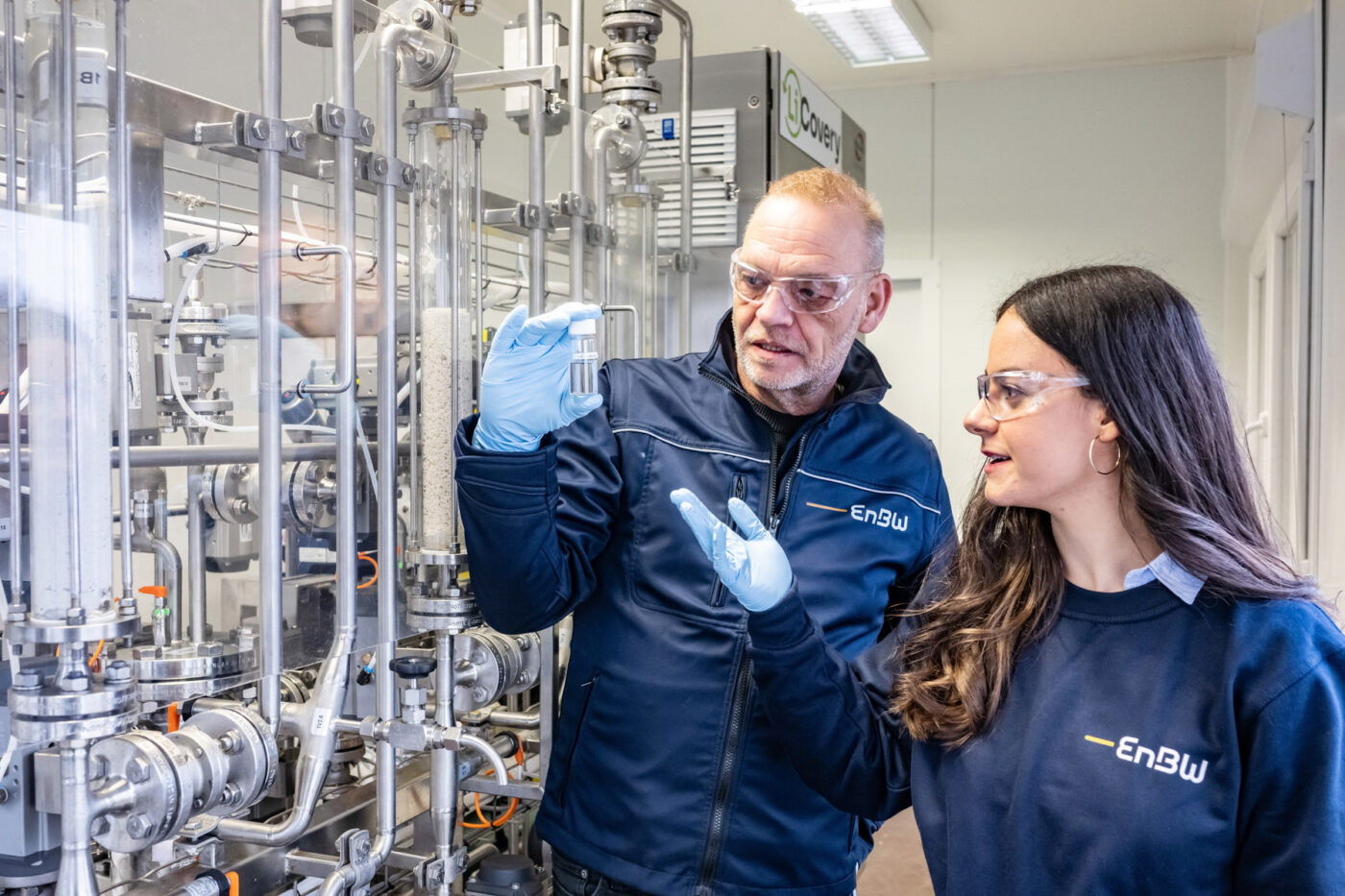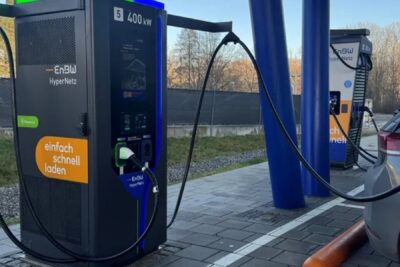EnBW and LevertonHELM produce high-purity lithium carbonate
In the joint demonstration project, EnBW initially extracted a lithium chloride solution from the thermal water of the geothermal power plant in Bruchsal in the southwest of Germany, using direct lithium extraction (DLE). LevertonHELM, a wholly owned subsidiary of the German company HELM AG, converted and refined this solution at its facilities in Basingstoke in the UK.
According to EnBW, the lithium salt obtained using direct lithium extraction (DLE) “can be used directly for the production of cathode materials for batteries due to its high quality”. Lithium extraction from geothermal plants is considered a promising approach to increasing lithium production in Europe without traditional mining.
LevertonHELM and EnBW are not the only ones working on extracting lithium from geothermal processes. Vulcan Energy reported earlier this year that an efficiency of up to 95 per cent had been achieved in the extraction of lithium from geothermal brine through the use of direct lithium extraction by adsorption (A-DLE) – an achievement now topped by EnBW and LevertonHELM with the result of lithium carbonate with a purity of over 99.5 per cent.
According to Laura Herrmann, Project Manager Research and Development at EnBW, the water extracted from the Bruchsal geothermal power plant has a “remarkably high lithium content”. These are so high that it is possible to extract lithium from the water that is pumped to the surface anyway as a by-product.
Bart Vanden Bossche, Commercial Director at LevertonHELM noted, “The combination of EnBW’s experience in DLE and geothermal power generation and LevertonHELM’s expertise in lithium processing is a strong asset to accelerate progress in this area.”
This success was an important milestone for the cooperation between LevertonHELM and EnBW – and also for future collaboration. The two companies have agreed to “continue their collaboration in close cooperation”. The common goal is to further advance the sustainable production of battery-grade lithium carbonate and lithium hydroxide and to develop local resources for use in electromobility and energy storage. Details of the further cooperation have not been disclosed.
“We need energy storage technologies for the energy transition to succeed,” notes Dr Thomas Kölbel, expert for research and development at the EnBW Group. “Lithium plays a decisive role in the expansion of electromobility and renewable energies. Together with LevertonHELM, we want to tap into this resource and create a sustainable source of lithium to meet the growing demand in Germany and Europe,” he explained.
Vanden Bossche agreed, affirming that a successful energy transition off fossil fuels in Europe will need these kinds of projects for the development of European resources and the local production of key raw materials.





0 Comments